Benefits of Montessori Education for Your Child - 5 Reasons to Enroll Your Child
Montessori fosters independence, accountability, organization, and concentration starting at a young age.
Through child-led activities, classroom set-up, and tools that produce skills, infants, toddlers, and preschoolers will have excellent early learning experiences that will set the stage for their subsequent academic success and intellectual, social, and emotional development while they are growing up.
Here are the Benefits of Montessori Education for Your Child - 5 Reasons to Enroll Your Child:
1. Key Developmental Stages
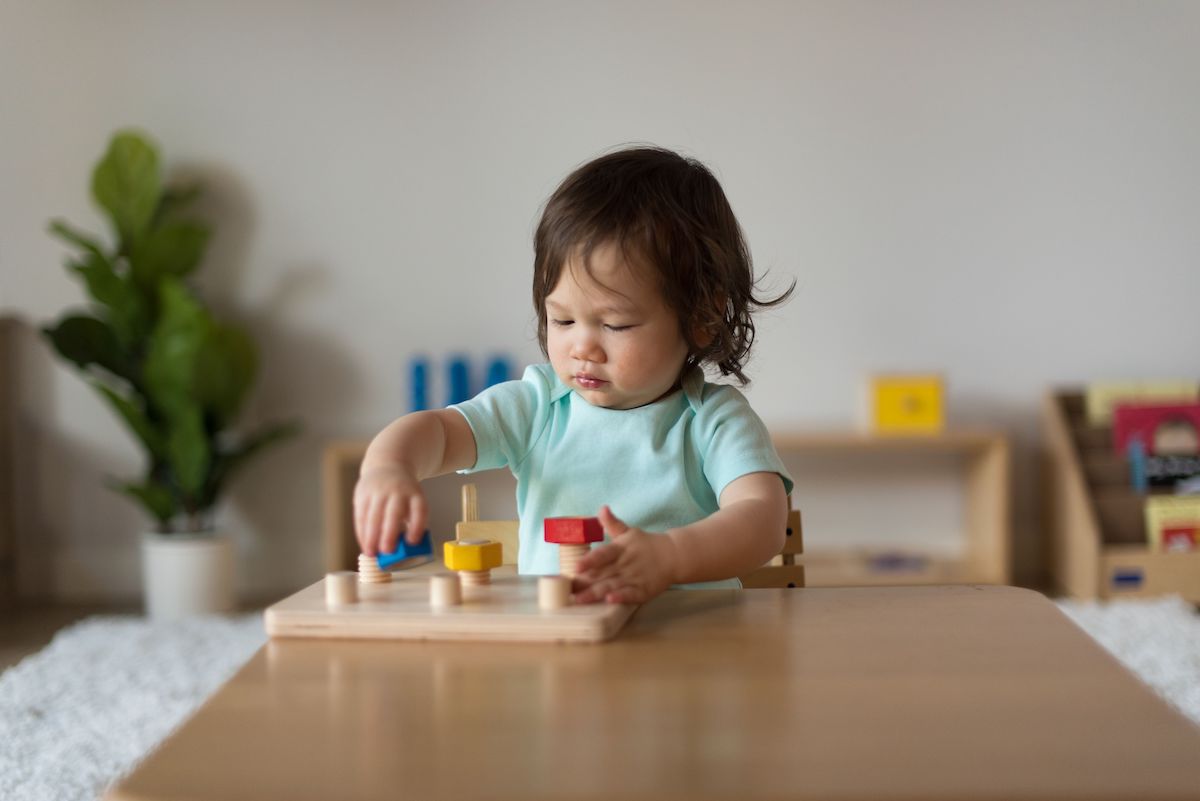 When a child is given a little leeway, he will at once shout,
’I want to do it!’ But in our schools, which have an environment adapted to
children’s needs, they say, ‘Help me to do it alone.’
When a child is given a little leeway, he will at once shout,
’I want to do it!’ But in our schools, which have an environment adapted to
children’s needs, they say, ‘Help me to do it alone.’
(-DR. MARIA MONTESSORI, THE SECRET OF CHILDHOOD)
The Montessori method of education emphasizes self-directed activity, discovery learning, and interactive play. Children in Montessori classrooms make creative choices in their education while the environment and the highly qualified teachers provide activities that are suited to their ages to help them along.
Children enjoy multisensory learning and motivating exploration because they encourage independence, citizenship, and accountability.
Doctor Maria Montessori believed that if children were provided with the opportunities to explore and practice these skills, they would make extraordinary progress. Her method of education has been designed around the child's unique developmental needs.
2. Social Development and Teamwork
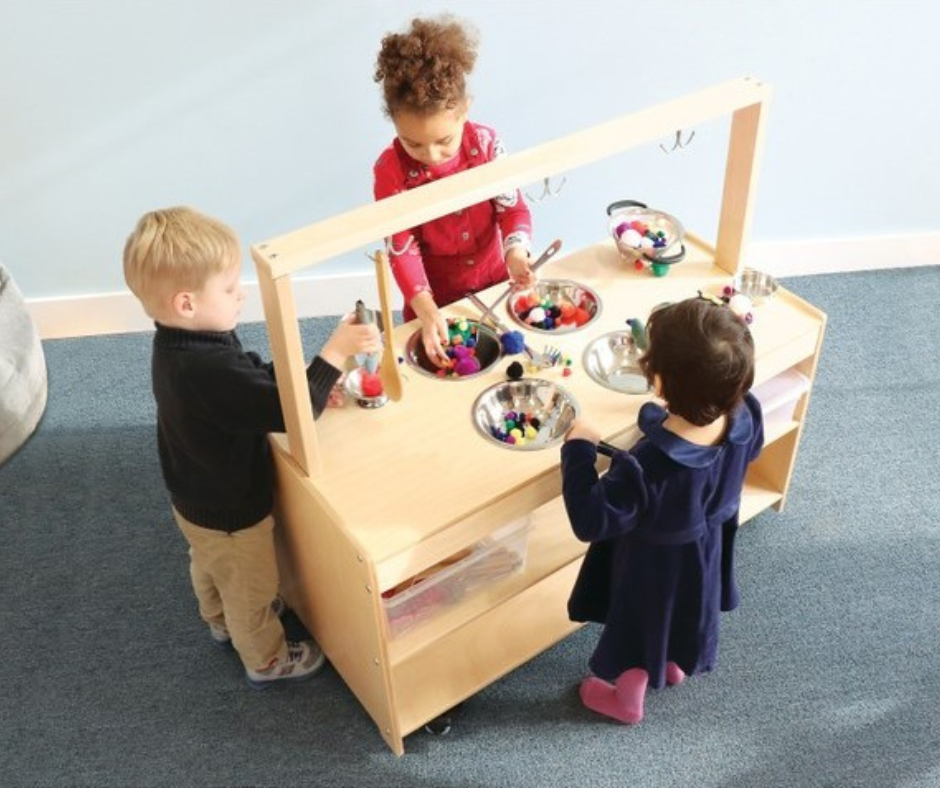
In comparison to children in a more traditional environment, those in Montessori classrooms proved to have superior social-emotional skills in many areas. Children of different ages are placed in groups in a Montessori classroom where they are urged to work together and support one another.
Children are encouraged to share and cooperate to explore many ideas in the Montessori curriculum. They will also develop respect for one another, the ability to work together to solve problems, and a sense of community as a result of the classroom setting. Thanks to the framework of the learning environment!
3. Self-Assessment and Natural Stimulation
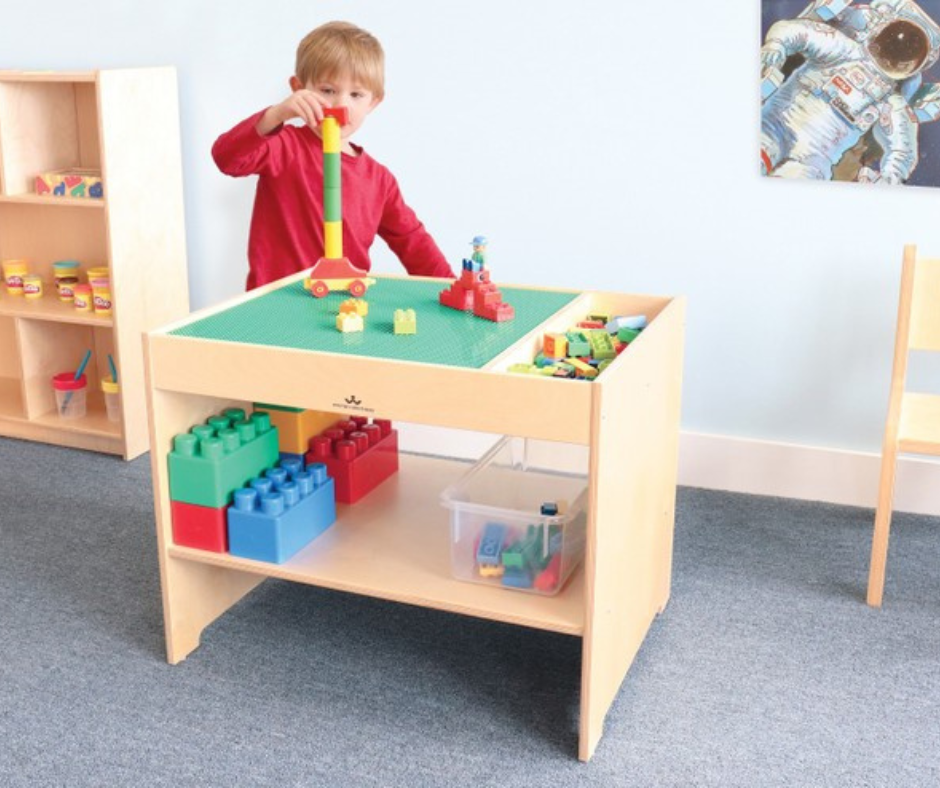 Self-correction and self-evaluation are crucial components of the Montessori classroom method. As they get older, kids learn to examine their work critically and get better at identifying, fixing, and learning from their mistakes.
Self-correction and self-evaluation are crucial components of the Montessori classroom method. As they get older, kids learn to examine their work critically and get better at identifying, fixing, and learning from their mistakes.
Children develop into confident, self-motivated learners who have an innate love of learning by being allowed to question, explore thoroughly, and make connections. In this way, Montessori education fosters active learners who have a confident and positive attitude toward lifelong learning.
4. Teacher-led & Child-Centered
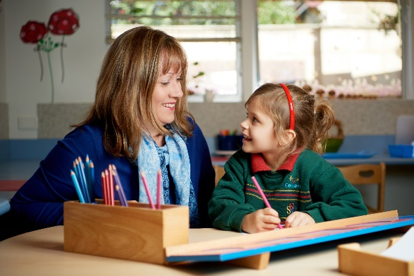
Montessori classrooms are being facilitated by trained teachers whose focus is to provide environments where students have the freedom and the tools to pursue answers to their questions. They ensure that a variety of developmentally appropriate activities are available for children to choose from in their learning setting.
They take the lead from the children in the classroom, make sure the rules are adhered to, and encourage them to work independently and at their own pace, which will give them self-control, independence, and a healthy sense of self-worth, allowing them to learn more effectively and enthusiastically.
5. Lifelong learning
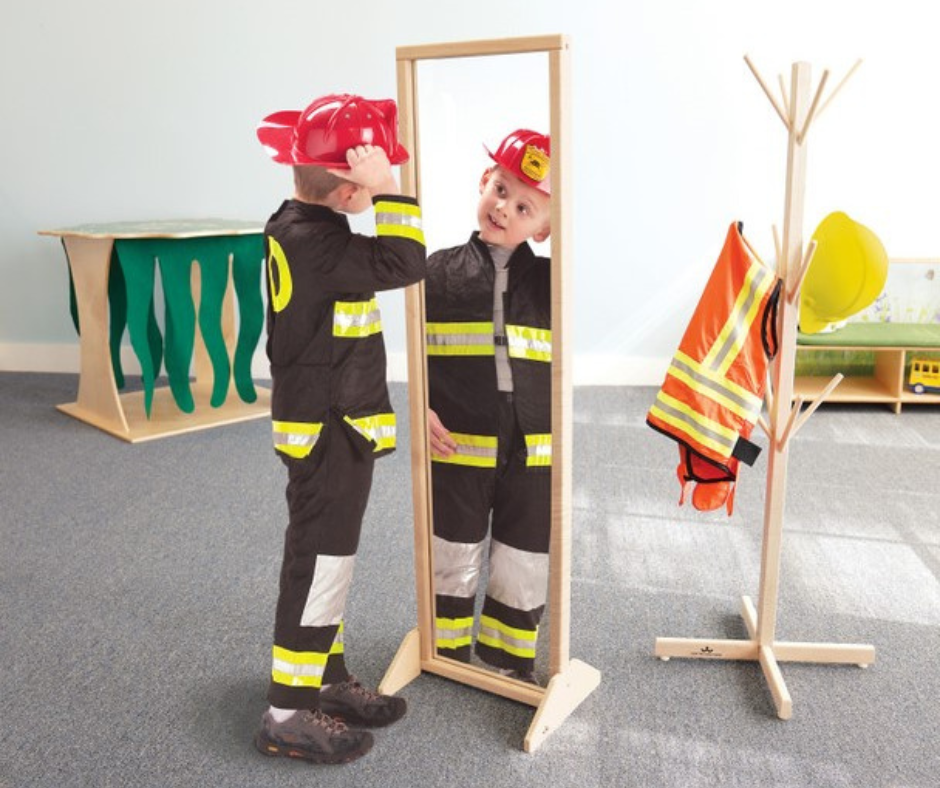
In research conducted by a group of US psychologists, published in the journal Science in 2006, the abilities of children in a Montessori school were compared to those in a systemic school. The study found that 12-year-olds wrote "much more creative essays" with "advanced sentence structures" while those 5-year-old Montessori children were better equipped for reading and math. Additionally, Montessori students engaged in an "emotionally pleasant manner," had a stronger sense of "justice and fairness," and were less likely to participate in "rough play" during recess.
The children who attended Montessori schools were also shown to be more imaginative, socially skilled, and able to deal with complicated challenges, all of which have been linked to future academic and personal success.
"The greatest gifts we can give our children are the roots of responsibility and the wings of independence." —Dr. Maria Montessori
Recent Posts
-
Choosing the Best Restaurant Tables & Chairs for a Perfect Dining Experience
When it comes to running a successful restaurant, ambiance and comfort play a crucial role in provid …Sep 10th 2024 -
Transform Your Living Room with Stylish Furniture from Furniture Tycoon
Your living room is the heart of your home, where family gathers, friends are entertained, and memor …Aug 28th 2024 -
Elevate Classroom Learning with the Right Student Desks & Chairs
In today’s educational landscape, the role of classroom furniture goes beyond mere functionality. Th …Aug 9th 2024




